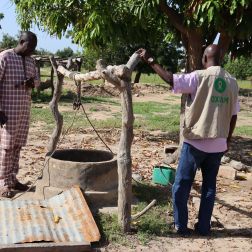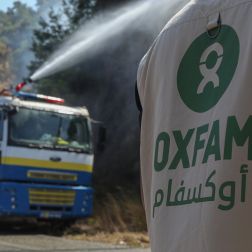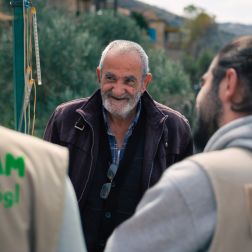- 3 mins read time
- Published: 29th March 2018
WASH in the camps
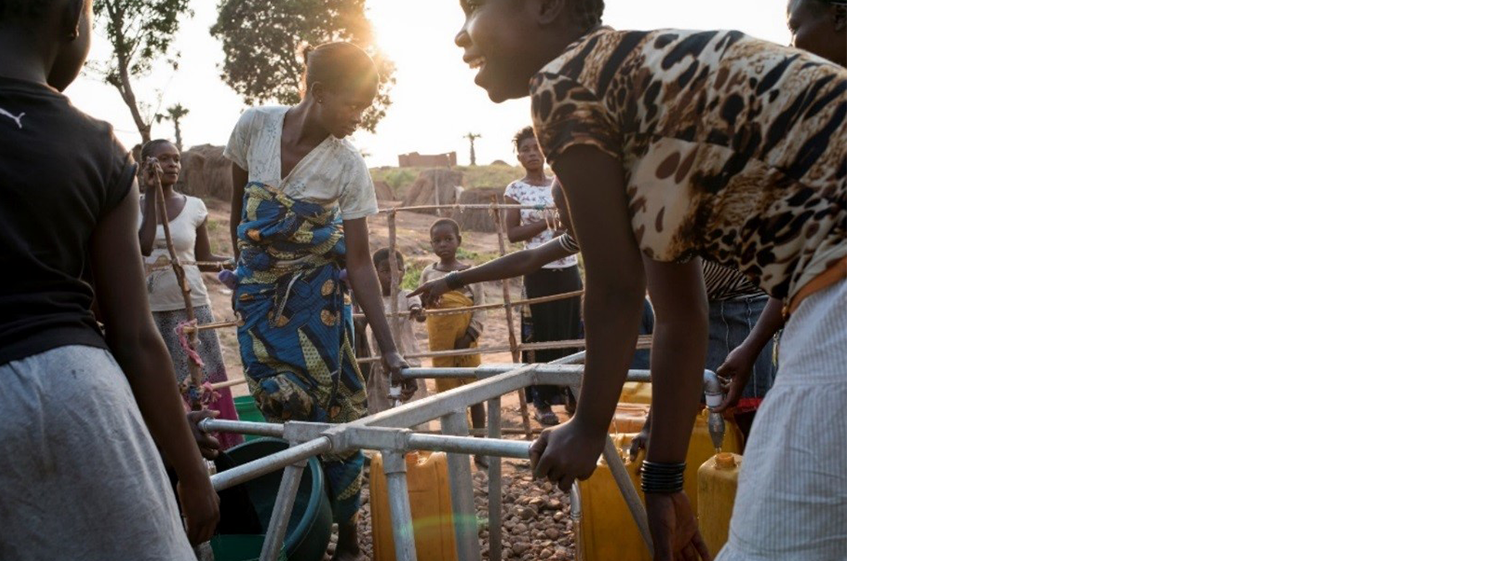
Women collecting drinking water supplied by Oxfam in Kalunga camp, Kalemie, Tanganyika, Democratic Republic of the Congo. Oxfam is providing water, sanitation services and training to keep families healthy. Photo: Diana Zeyneb Alhindawi/Oxfam
In Kalemie province in southeast Democratic Republic of the Congo (DRC), the extreme violence between the Bantu and the Twa ethnic groups and brutal clashes between armed group have very forced more than 654,000 people to flee their homes and thousands of families are facing an increasingly critical food shortage. Women, children and the elderly are among those most affected after having seen families killed, villages burned and fields destroyed. The situation remains volatile and threatens to flare up again at any moment, preventing the displaced from going back to their villages and rebuild their lives.
Oxfam has been working in Kalemie since February 2017 and has already reached 58,302 people forced from their homes and the communities who have welcomed them. Oxfam is helping to provide clean water and sanitation facilities and working with community volunteers to educate people about the importance of good hygiene for staying healthy.
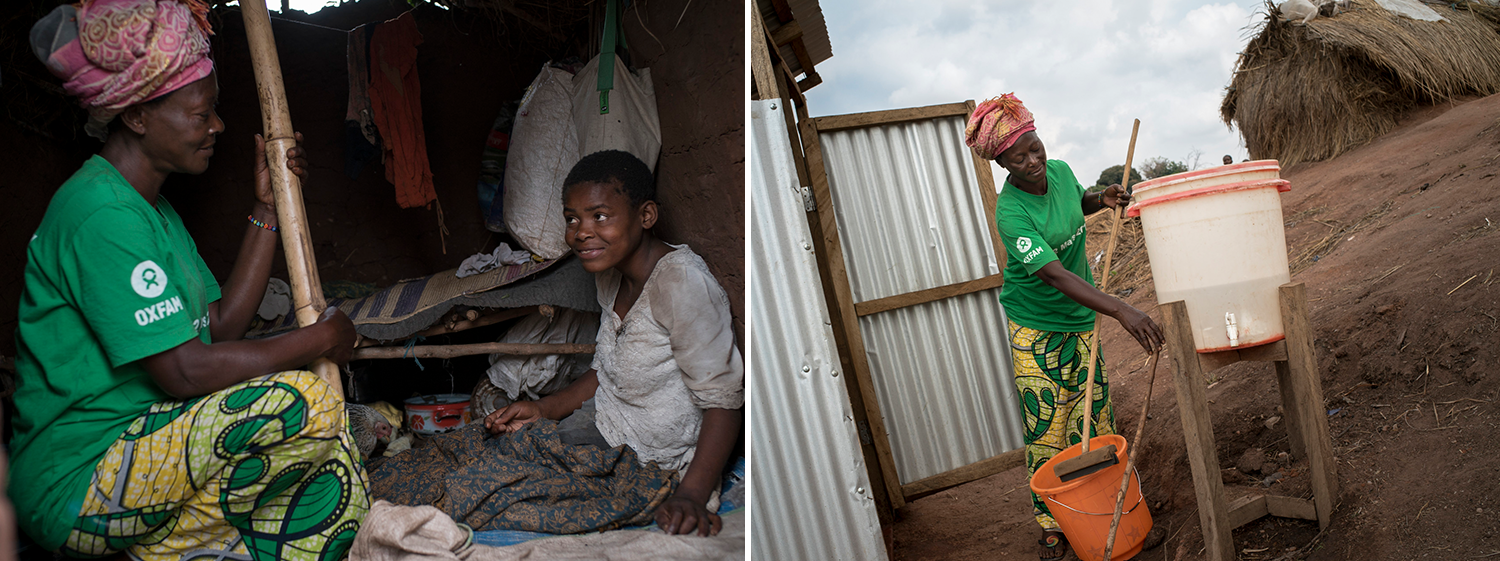
Left: Therese*, a Public Health Promoter talks to a child in Kalunga IDP camp, Kalemie, Tanganyika, Democratic Republic of the Congo. Right: Therese cleans Oxfam sanitation facilities in her community. Photo: Diana Zeyneb Alhindawi/Oxfam.
Therese has been in the Kalunga camp since November 2016. When her village was attacked, she was separated from one of her children and her husband. Therese went looking for them after the attack but couldn't find them, and three months later she was told that their bodies had been found. Therese lives in the Kalunga camp with 9 of her children, ages 7-17 years old. She was trained by Oxfam to be a camp hygiene promoter, and she works daily to clean sanitation facilities in the camp, as well as distributing water purification tablets to families so they have safe water to drink.
Therese said: "We fled as we were. There was no time to pack anything. You only took your children and ran."
"We walked for two days before reaching here. I had so many thoughts in my mind. I had been left with nothing. Sometimes I wish it was me who had died instead of my husband, because this burden is too much for me to bear."
"I have 9 children remaining. One of them is paralyzed and so I had to carry her all the way."
"We reached here in November last year and were received well. We received food for the first two months as well as some money to help us buy other things from the shops. But how can you bring up 9 children in these conditions?"
"People have been talking of going back when the fighting ends. Others are even going there to check on their farms or what is left of their possessions."
"I have experienced war in my life but never have I been forced to leave my home and live in a (IDP) camp. I have never seen fighting like this."
"I never thought I would ever be here. My plan was to save money to build a house where my family could live comfortably and live an ordinary life. But now I can’t even think beyond today. How can I think of a good education for my children if I don’t know where their next meal will come from?"
Oxfam is suppling drinking water to the people in Kalunga camp. Oxfam also trained 61 women from the camp as hygiene promoters. Their daily work includes cleaning sanitation facilities (toilets and bath areas) in the camp, distributing water purification tablets to families.
